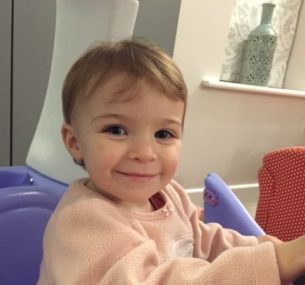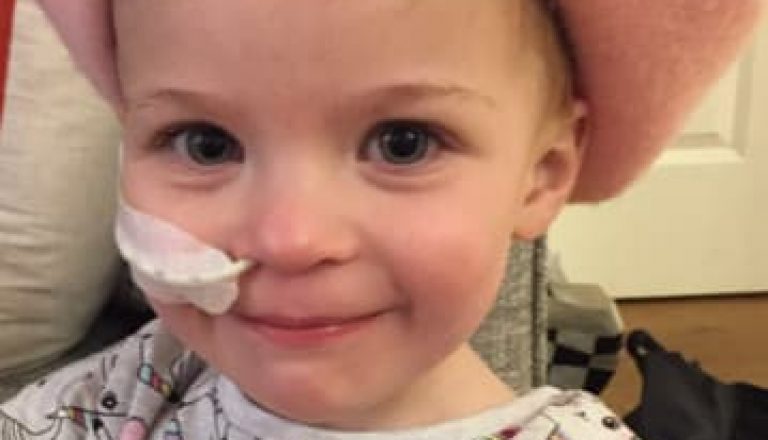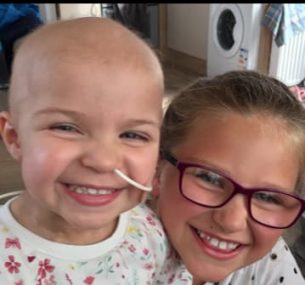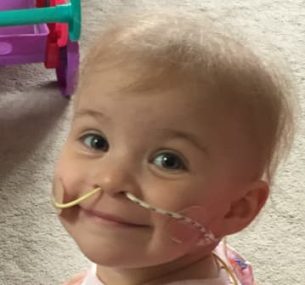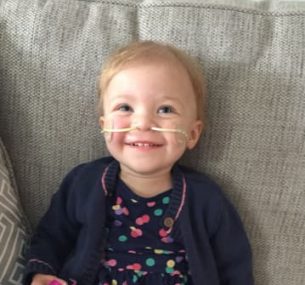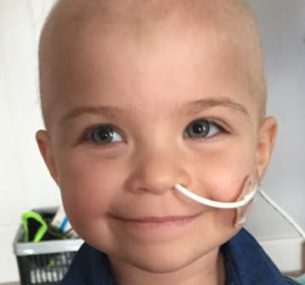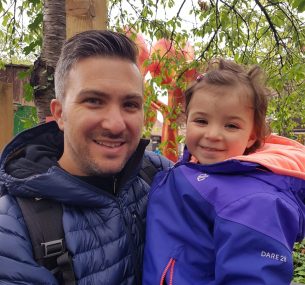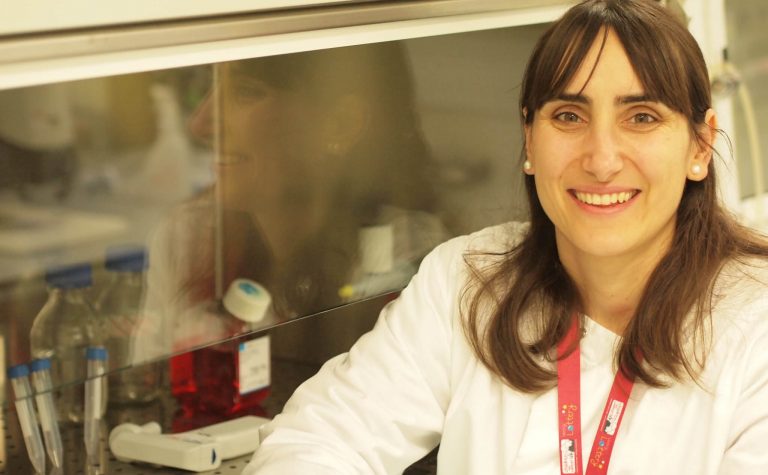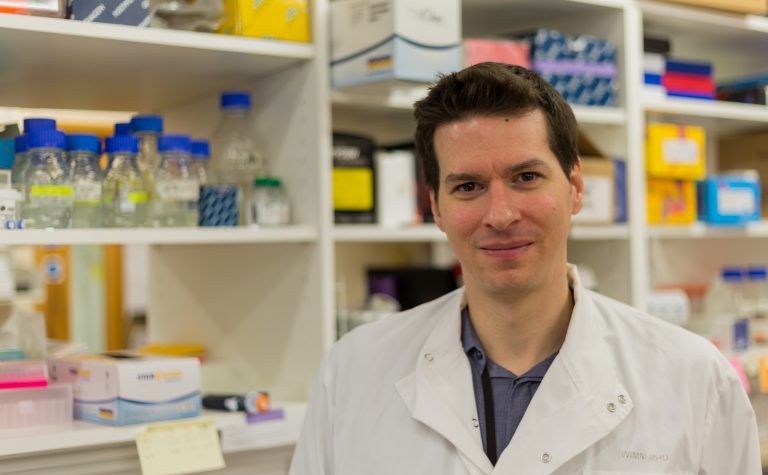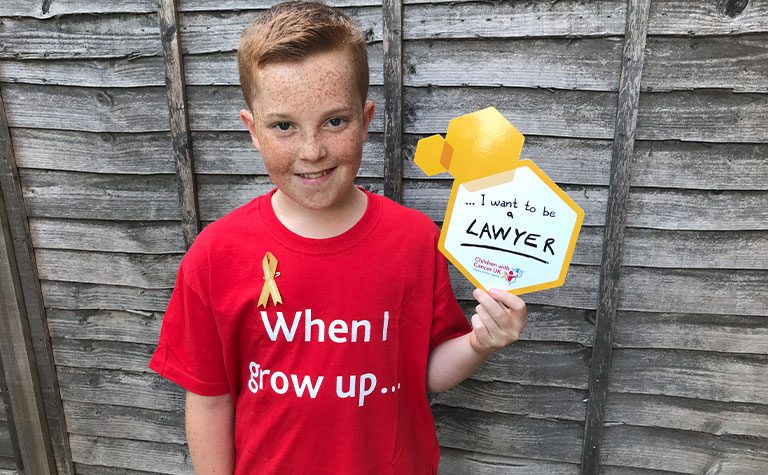Alice’s neuroblastoma diagnosis story
In January 2019, a week before my daughter’s second birthday, we received the news no parent ever wants to hear – our beautiful little girl had cancer. Over the previous month, Alice had had a chest infection and chicken pox and we had noticed that her stomach had become swollen and she was losing weight on her arms, legs and bottom. An ultrasound scan revealed a large mass in her abdomen and we were told she either had a Wilms’ tumour or neuroblastoma. It was a complete bombshell.
After a few weeks of tests and scans to ascertain the exact nature of the tumour, we were devastated to find out that Alice had a particularly aggressive form of neuroblastoma; high-risk neuroblastoma, with MYCN amplification, which basically meant that it was the hardest to treat and most prevalent form of the disease. It completely changed our lives. Everything we assumed would follow a normal course in life suddenly didn’t exist anymore. Our little girl was seriously ill.
